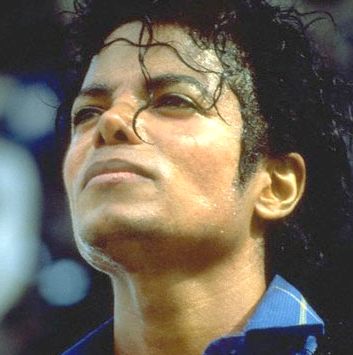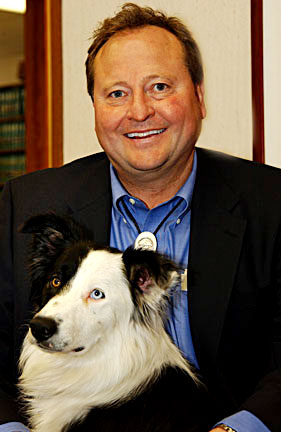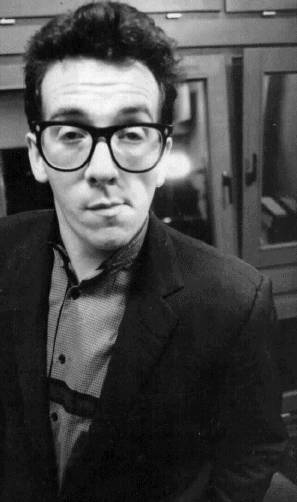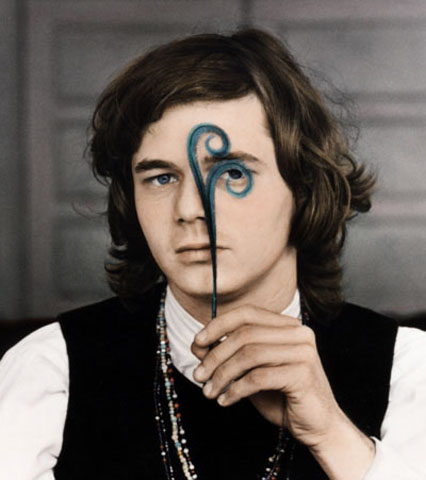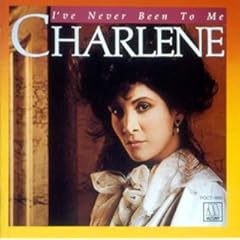
Charlene D'Angelo was born in 1950 in Hollywood, California, and was married at age 16, with a child soon to follow. She never gave up on her dream of a singing career, though, and got her big break when a demo she had cut called "Sweet Sad Clown" found its way into the hands of Motown's Berry Gordy. This is less surprising than it might sound, since Motown had moved its operations to Los Angeles in 1972; the label signed Charlene Duncan, as she was then known, in 1973, and released her single "All That Love Went to Waste" in January 1974. It flopped.
She didn't release another single until 1977's "It Ain't Easy Coming Down," which was credited to just Charlene. It appeared on an album called
Charlene, which was credited to Charlene Duncan. Someone at Motown was asleep at the switch. At any rate, both the album and the single flopped. Charlene released one more album for Motown,
Songs of Love, which was the same as
Charlene except that one song, "I've Never Been to Me," had its spoken-word bridge edited out of it. Motown also released that song as a single, and finally Charlene had her first little bit of chart success; "I've Never Been to Me" went all the way to Number 97 on Billboard's Hot 100.
To hear Charlene tell it later, "I've Never Been to Me" was always a very special song to her. It was written by Ron Miller, who had co-written a bunch of Stevie Wonder's early hits: "A Place in the Sun," "For Once in My Life," "Yester-Me, Yester-You, Yesterday," plus "Touch Me in the Morning" for Diana Ross. “Those lyrics – ‘Hey lady, you lady, cursing at your life, you’re a discontented mother and a regimented wife’ – they hit me hard," Charlene said in 2007. "I was a battered wife, I’d married at 16, had a child to my first husband, and Ron Miller’s song just spoke to me. I didn’t even know him but I just cried and cried. He actually stopped the tape to give me space to cry. It was such a beautiful song.”
But it wasn't enough to provide Charlene with a career. She released one more single on Motown in 1980, then quit the business and moved to England with her new husband.
Then, in 1982, a Tampa DJ named Scott Shannon started playing "I've Never Been to Me." This time, it hit a nerve. Motown rereleased the single, and it became a huge worldwide hit, going to Number One in Britain. Here in America, it hit the Top Forty in March of 1982 and peaked at Number Three. (Despite sounding vaguely countryish, the song only went to Number 60 on the country charts.) "Now I was living in England at the time, working in a candy store doing cleaning, selling sweets and cigarettes and everything," said Charlene, "and I got a call from my mom saying that somebody at Motown was looking for me, and then I got a call at 2 am from Jay Lasker at Motown telling me my song was on the charts! I thought at first it was a bad joke!”
There has been an awful lot of controversy and misconception over this song, stemming from the on-again off-again spoken-word bridge and the line "I've been to crying for unborn children that might have made me complete." It has been alleged that the bridge was cut out to remove that line, which some think refers to abortion, but it's in the sung lyrics, not the bridge. Near as I can tell, "unborn children" has been in every version of "I've Never Been to Me." The spoken-word part, which was in the version Scott Shannon made into a hit, is totally hot, and goes like this:
Hey, you know what paradise is?
It's a lie, a fantasy we create about people and places as we'd like them to be
But you know what truth is?
It's that little baby you're holding, it's that man you fought with this morning
The same one you're going to make love with tonight
That's truth, that's love......Motown rushed out an album called
I've Never Been to Me, then followed that up with "Used to Be," a duet with Stevie Wonder that also served as the title track to her next album. It made it up to Number 46 on the charts. Charlene's next album,
Hit and Run Lover, fared even worse.
Lately, she's been reduced to releasing a dance-mix version of "I've Never Been to Me," but at least she hasn't had to go back to the sweet shop. Scott Shannon, meanwhile, has been a popular Top Forty DJ in New York City for a couple of decades now, and apparently is now the announcer on the Sean Hannity show. I wouldn't know.
"I've Never Been to Me" has lived on in countless lists of the worst songs of all time; for me, the problem with the song is that it's utterly unconvincing. Who doesn't want to be undressed by kings and see some things that a woman ain't supposed to see? Hey, lady, I've been to me, and it's no paradise.
It's kind of a letdown to finish this week without a video sitting here, but Charlene resists embedding so you'll have to go
here to see her.
